NY Court of Appeals Upholds 2017 Switchblade Verdict
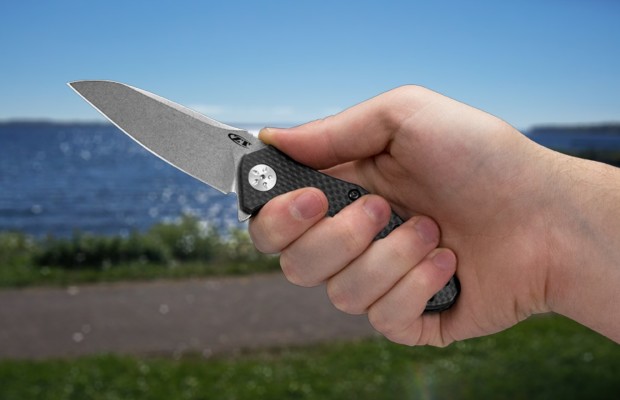
The New York Court of Appeals has just upheld a December 2017 decision in the People v. Berrezueta, where a man carrying an assisted-opening knife was charged with attempted criminal possession of a weapon in the fourth degree. The basis of the decision was made by interpreting Berrezueta’s assisted-opening knife as a switchblade under the New York Penal Law definition.
According to New York Penal Code, a switchblade is “any knife which has a blade which opens automatically by hand pressure applied to a button, spring or other device in the handle of the knife.” In its memorandum the Court writes that “…the evidence presented at trial by the People, which included the police officer’s testimony and his demonstration of the operability of the knife, was sufficient to support the factfinder’s conclusion that the knife…met the statutory definition of a switchblade.”
The seven judges comprising the New York Appellate Court ruled against Berrezueta’s appeal 6-1, with Judge Jenny Rivera offering a dissenting opinion as the sole resistance. Judge Rivera writes that the “the pictures of the knife admitted into evidence show that the button was on the blade, which, when the knife is closed, protrudes from the side of the handle. Flipping open and locking into place, the metal blade and the button on its surface remain separate from the handle when the knife is in use.”
She argues that in cases dealing with potential switchblades, a narrow interpretation of the legal definition must be taken. Because the deployment button was part of the blade and not the handle, the knife in question did not meet the legal definition of a switchblade. “We are bound by the chosen language and the apparent legislative intent to define this per se weapon by a distinct characteristic, to the exclusion of other knives…the description of the knife does not fit the statutory definition of a switchblade’s appearance and working mechanism.”
In a press release today Knife Rights took issue with the decision, in particular its dangerous disregard for the difference between an assisted-opening knife and an automatic one. “In addition to completely redefining what a knife’s handle is…the Court disregarded the fundamental difference in how the two types of knives operate – switchblades being automatic (an essential element of the definition) while assisted-openers are not.”
The decision could complicate future cases, too. “It creates a trap for all knife owners who would rationally never consider an assisted-opening folder to be a switchblade, especially if they were intimately familiar with plain wording of New York’s switchblade statue,” Knife Rights explains.
Judge Rivera’s dissenting opinion does not overturn the other judges’ decision. If there’s a silver lining, it’s that dissenting opinions can be useful in court as persuasive authority for establishing precedent. However, persuasive Authority is not as strong as existing court cases. Possession of a weapon in the fourth degree is a Class A Misdemeanor and can bring up to one year of jail time or three years of probation, and a fine of up to $1000.
Knife featured in image: Zero Tolerance 0770


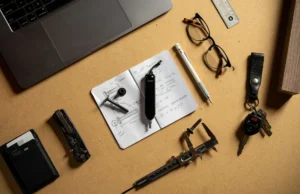
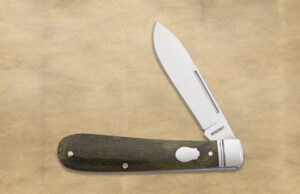
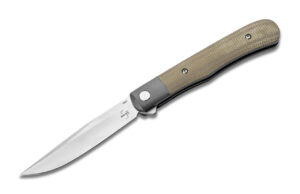






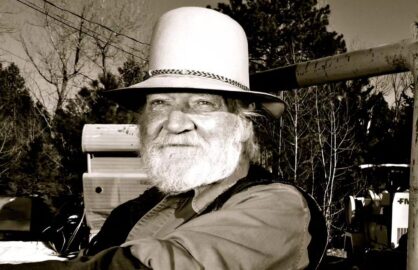
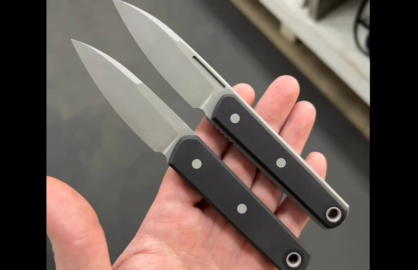
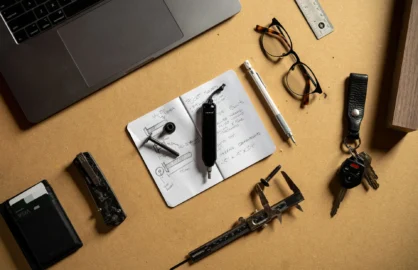
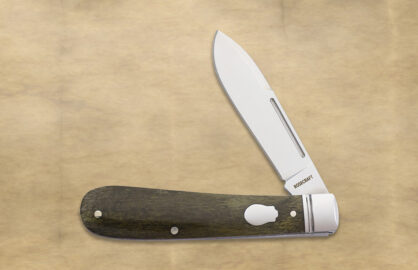
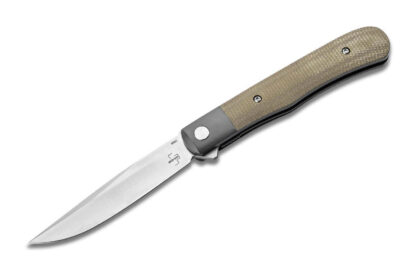
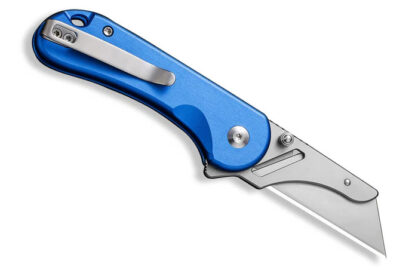




0 comments